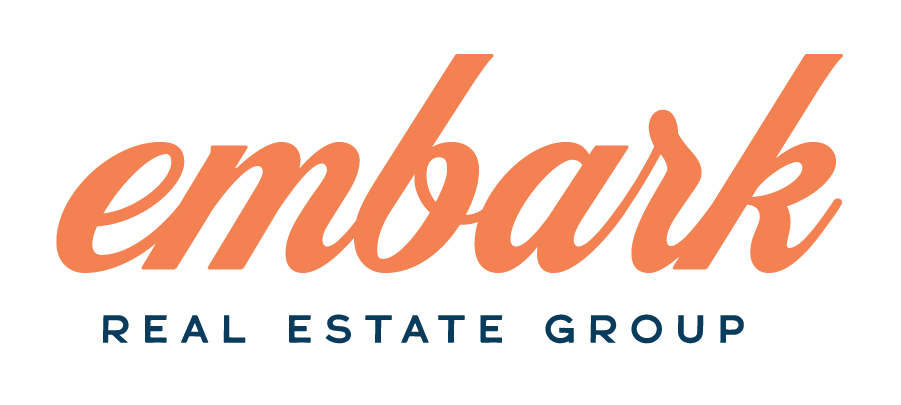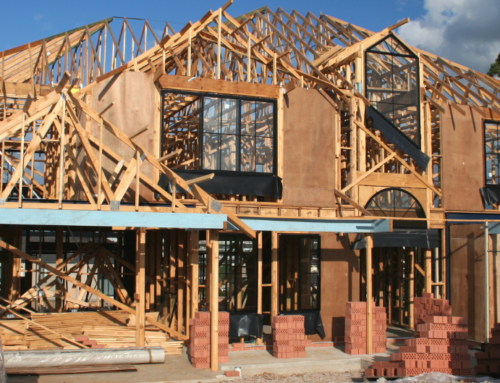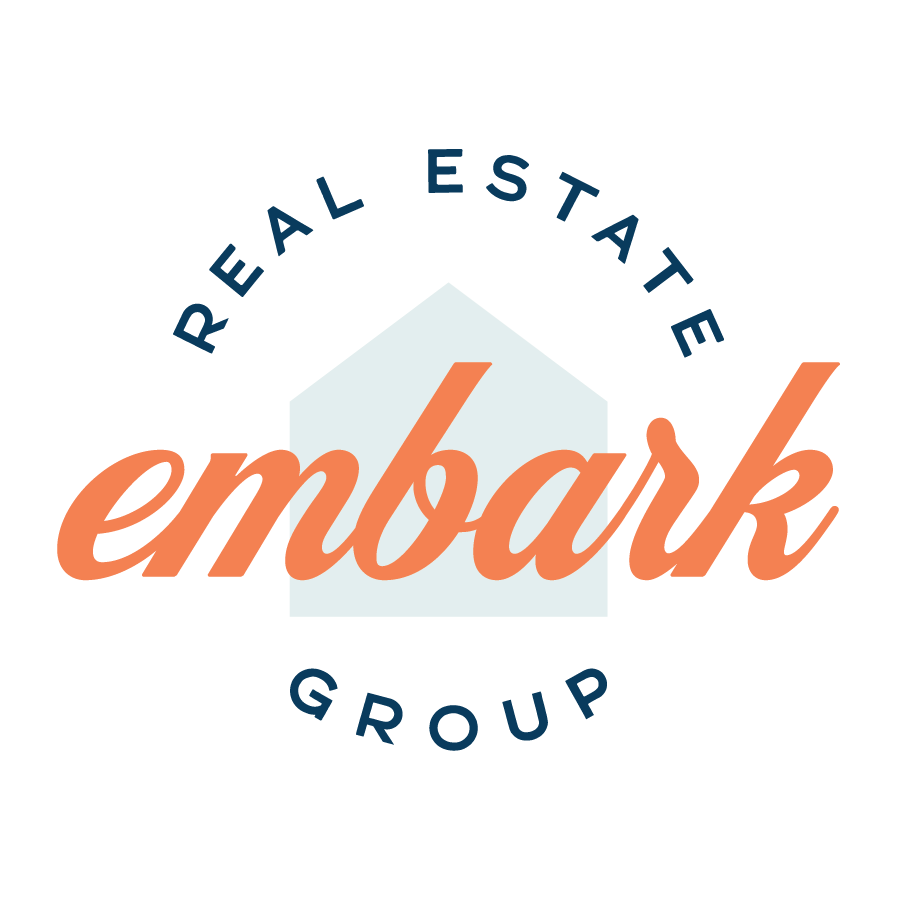Starting a family is a big and exciting step, but it also comes with challenges. As you prepare for the arrival of your new bundle of joy, you may also be thinking about finding the perfect place to call home. And that is the biggest challenge in finding a safe and comfortable home for you and your growing family. If you are expecting and in the market for a new home, you may have questions and concerns. How will your growing family impact your budget? What type of home is best for a new baby? How do you balance your needs with your plans?
Do not worry, you are not alone in this journey! We understand that every family is unique, and there are many different factors to consider when buying s home. That is why we have created this comprehensive guide for expecting parents. You will find the information and resources needed to make informed decisions and ensure that your new home is safe, comfortable, and ready for your growing family.
Guide to Home Buying While you are Expecting
Here’s a guide to help you navigate the home-buying process while you’re expecting:
Timing
The timing of buying a home while expecting or with young children depends on personal circumstances and priorities. Purchasing a home before children can offer stability and peace of mind, but may limit the understanding of future parenting needs. On the other hand, buying while pregnant or after having children can provide a better understanding of family needs, but can add stress to an already demanding time. Ultimately, weigh the pros and cons and choose a time that works best for your family. Utilizing resources such as real estate agents and home-buying companies like Embark Real Estate Group can help make the process smoother and less stressful.
Budget
When determining your budget for buying a home, consider your future financial plans and needs. For example, if you are buying a home before having children, consider whether both parents will continue to work or if you need to base your budget on one income.
Additionally, keep in mind that a new home will impact your monthly expenses, such as heating and cooling costs and property taxes. It is recommended to follow the “28/36 rule” used by lenders, which states that your total housing expenses should not exceed 28% of your monthly income, and your total debt payments should not exceed 36% of your income.
If you are selling a current home, calculate the equity you have by subtracting your mortgage and home equity loan balances from the appraised value. This amount will impact how much you can afford a new home.
Legal Considerations
If you’re a married couple and plan to purchase a home together, there are certain legal considerations you should take into account. Firstly, decide on the ownership structure, which could be joint tenancy or tenants in common. Joint tenancy allows for equal ownership, and Tenants in Common allow for unequal ownership.
Also, consider the financial aspects of home ownership, such as mortgage payments and property taxes. The way you hold title to the property can affect your financial responsibility in the event of a divorce or the death of a spouse. Lastly, it’s a good idea to consult a real estate attorney to ensure that you understand your rights and responsibilities as homeowners and that your legal interests are protected. It can help you avoid any future misunderstandings or disputes and make the home-buying process as smooth as possible.
Home Size
When choosing a home while expecting a child, one of the factors to consider is the size of the home. It is because a larger home will have more space for your growing family and provide a comfortable living environment. If you are anticipating a second or third child, consider a home with at least three bedrooms. It will ensure that your children have their rooms, particularly if a baby may disturb an older sibling’s sleep.
For families with teens, consider a home with a bedroom for each family member. Teens often desire their own space and a place to hang out with friends, like a family room or basement. Besides accommodating your immediate family, take into account any potential situations that may require extra space. For example, if you frequently host out-of-town family or friends, consider a guest bedroom. If you work from home, you may need a private office with a door.
Consider the number of bedrooms, bathrooms, and overall square footage, to determine if the home is suitable for your needs. Additionally, think about the future and the potential for having more children. A larger home will likely provide more space for everyone and can be accommodating to a growing family. Consider the layout of the home and if it will work for you and your family’s lifestyle. A well-designed and functional home can help improve your quality of life.
Facilities for Kids
When looking for a home that is suitable for your growing family, consider the following child-friendly features:
- Adequate Storage: Kids accumulate a lot of stuff, so look for a home with ample storage space for all their toys, clothes, and gear.
- Safe Staircase: If you have young children, ensure the stairs in the home can be safely gated to prevent accidents.
- Comfortable Bathtubs: Children love bath time, so look for a home with a bathtub that has enough space for you to sit on the edge and interact with your kids.
- Fenced Yard: A fenced-in backyard provides a safe outdoor play area for kids.
- Convenient Laundry: With kids comes lots of dirty clothes, so look for a home with a laundry room that is easily accessible and not located next to your child’s room.
- Safety Precautions: Consider the potential hazards in a home, such as a swimming pool or outdated electrical systems, and make sure they are secured or updated to prevent accidents.
- Open Floor Plan: An open floor plan, where the kitchen overlooks the family room, allows for easy supervision of your kids while you’re cooking or doing household tasks. It also provides extra space for family activities and bonding.
These are just a few of the many child-friendly features you should consider when looking for a home for your growing family. Take the time to think about your family’s needs and enlist the most important features to you, then search for a home that meets those requirements.
Location
When choosing a home for your growing family, location is a vital factor to consider. Here are a few things to keep in mind when evaluating location:
- School District: If you have school-aged children, researching the school district should be one of your top priorities.
- Proximity to Family and Friends: You may want to consider a home within proximity to loved ones and build strong relationships with your community.
- Accessibility to Amenities: Make sure the home you choose is located near grocery stores, parks, and other amenities that will make your life easier.
- Safety: Research the crime rate in the area and look for neighborhoods with low crime rates.

Summary
In conclusion, deciding whether to buy a house or have a baby first can be a tough decision, but it’s essential to consider both your personal and financial situation. When buying a home while expecting, consider factors that play a crucial role in creating a comfortable and safe environment for your growing family. It’s advisable to consult a real estate agent, financial advisor, and family planning specialist to help guide your decision-making process and ensure you make the best choice for your family’s future.
Sign up to receive news and updates from Embark Real Estate Group.





